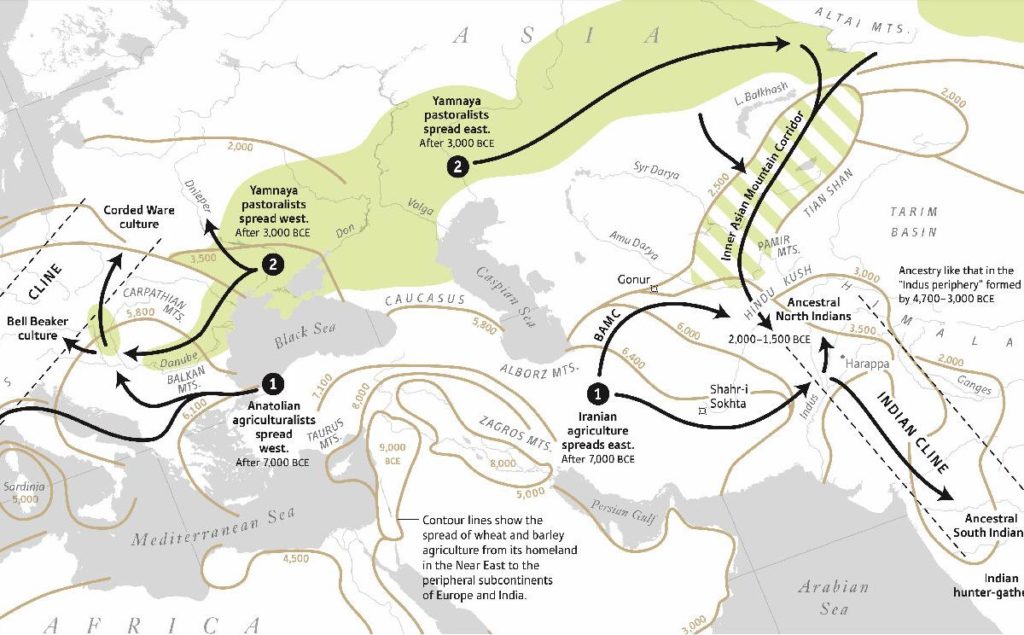Amy Wax Redux – Another round in the immigration and culture debate. Glenn Loury hosts a debate that has gotten some attention because Amy Wax said something in relation to “Asians.” Her interlocutor is an East Asian American, and Wax’s original comments were particularly targeted at Indian women. So this has spun a bit out of control.
I’ll say some quick things.
In Amy’s favor:
– Many people have noticed the overrepresentation of “market-dominant minorities” in particular activist groups, and the visible presence of South Asian (Indian, Bangladeshi and Pakistani) women is hard not to notice. Joe Biden’s statement that “Indians taking over” reflect Indian American power in Democratic politics in particular.
– Nations have a right to determine what they want to be. At least in theory. This is most explicit in Israel, founded as a homeland for the Jews. Hindu nationalists want India as a homeland for Hindus. While many Muslims view Muslim-majority nations as societies organized around Islam, and so they believe law and tradition should favor that religion. In the USA this was clear as well, with a 1790 law that allowed only for the naturalization of whites, later expanded to blacks and eventually other non-white races. The National Origins Act of 1924 aimed to keep the US a mostly Northwest European nation. And so forth.
The idea that America, or any nation, exists simply as an institutional transaction device between consenting adults and organizations that are bounded by particular borders is not realistic, though sometimes open and open borders adjacent people talk like that. American is a nation. A people. It will change. But how?
– Americans are going to be uncomfortable when “visible minorities” take all leadership roles due to their educational success. That’s a fact. I think people should get over it though. But that’s my opinion. Most people care a lot more about race and visible phenotype than I do from what I can tell.
– Immigrants bring their culture. Their culture impacts our culture. Sometimes good, sometimes bad. We can make decisions.
Against Amy:
– She talks about it like a Boomer who doesn’t really understand the landscape. She was born in the early 1950s in a black and white America, so when talking about Asians and Latinx she’s encountering new things to her experience.
– She elides in a sloppy way different groups of Asians. Indian Americans are politically very different than Vietnamese Americans. They are socially very different. Arguably Amy should want more Vietnamese Americans, who lean Republican and are educationally more similar to the average American. 30-40% of Vietnamese are also Catholic. Who are these “Asians” she speaks of? Not people she knows personally from what I can tell (I’ve met Amy, she’s charming and blunt at the same time), so she should read more stats.
– She elides the distinctions even among “Indians.” Most of the obnoxious woke Indians are 1.5 and 2nd generation people born and raised in the US. And yet 90% of Indian Americans are foreign-born immigrants, more than 50% arriving after 2000. Perhaps these new immigrants will also have woke children, or perhaps they won’t.
– Amy’s generalizations of Asian, and Indian, cultures is weird, and not too scholarly. If she’s going to offend (I know about this), you need to know your shit.
